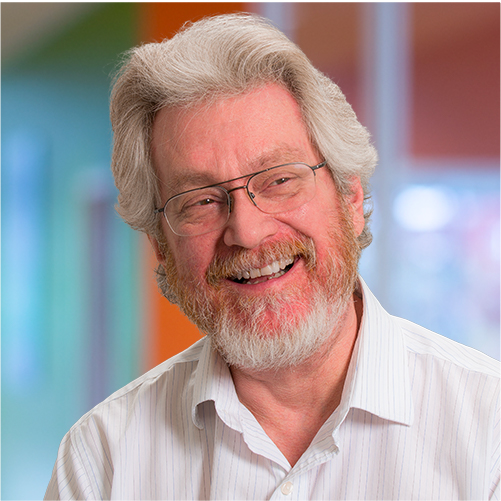When it comes to Web 3.0, how far behind are the US, EU and western multinationals? And is it too late for them to catch up?
MIT’s Sandy Pentland joined us on Monday, May 16, 2022, to share his research and insights on Web 3.0.
The broad adoption of these distributed, fully-encrypted, smart-contract-enabled platforms are likely to have substantial, longterm economic and geopolitical implications for incumbents such as the US, EU, and many multinationals. When it comes to Web 3.0, how far behind are the US, EU and western multinationals? And is it too late for them to catch up?

Alex `Sandy’ Pentland directs MIT’s Human Dynamics Laboratory and the MIT Media Lab Entrepreneurship Program, co-leads the World Economic Forum Big Data and Personal Data initiatives, and is a founding member of the Advisory Boards for Nissan, Motorola Mobility, Telefonica, and a variety of start-up firms. He has previously helped create and direct MIT’s Media Laboratory, the Media Lab Asia laboratories at the Indian Institutes of Technology, and Strong Hospital’s Center for Future Health.
In 2012 Forbes named Sandy one of the `seven most powerful data scientists in the world’, along with Google founders and the CTO of the United States, and in 2013 he won the McKinsey Award from Harvard Business Review. He is among the most-cited computational scientists in the world, and a pioneer in computational social science, organizational engineering, wearable computing(Google Glass), image understanding, and modern biometrics. His research has been featured in Nature, Science, and Harvard Business Review, as well as being the focus of TV features on BBC World, Discover and Science channels. His most recent book is `Honest Signals,’ published by MIT Press.
Over the years Sandy has advised more than 50 PhD students. Almost half are now tenured faculty at leading institutions, with another one-quarter leading industry research groups and a final quarter founders of their own companies.
Sandy’s research group and entrepreneurship program have spun off more than 30 companies to date, three of which are publicly listed and several that serve millions of poor in Africa and South Asia. Recent spin-offs have been featured in publications such as the Economist and the New York Times, as well as winning a variety of prizes from international development organizations.